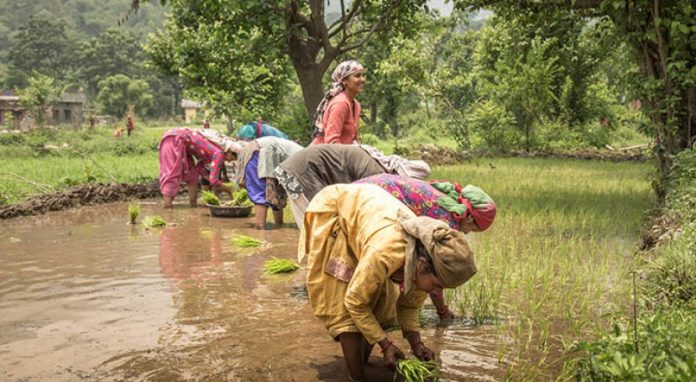Environmental stress negatively affects women’s agency – the ability to make meaningful choices and strategic decisions – in climate hotspots in Africa and Asia, suggests a paper published in Nature Climate Change. Such stressors can lead to household adaptation strategies that increase the responsibilities and burdens women face.
Entrenched social structures, reinforced at household, community and state level, shape men and women’s individual experiences and reactions to climate change. Examining gender within this context highlights how sustainable, equal and effective adaptation is critical in places where climatic shifts, social structures and livelihood-sensitivity restricts mobility, access to resources and division of work.
Nitya Rao and colleagues assessed how women’s agency contributes to adaptation responses in 25 case studies – collectively including thousands of households from Africa and Asia – across three distinct agro-ecological regions: semi-arid, mountain and glacier-fed river basins and deltas. The authors found that, across the majority of cases, male migration for work and women’s poor working conditions combine with either institutional failure or poverty to constrain women’s ability to make strategic decisions under conditions of environmental stress. The authors also identify that even when household structures and societal norms are supportive of women’s agency, environmental stress still impacts them negatively.
By identifying common conditions that depress women’s agency across different contexts, this study suggests that working conditions for women and migrant men, and poor material conditions, are key barriers that could be addressed to strengthen the ability to adapt to climate change.















